V-Empower marks 25 years bridging democracy and digital innovation
The firm’s bet is that small, agile teams—with clear missions and close feedback loops—will continue to find room to build meaningful products.
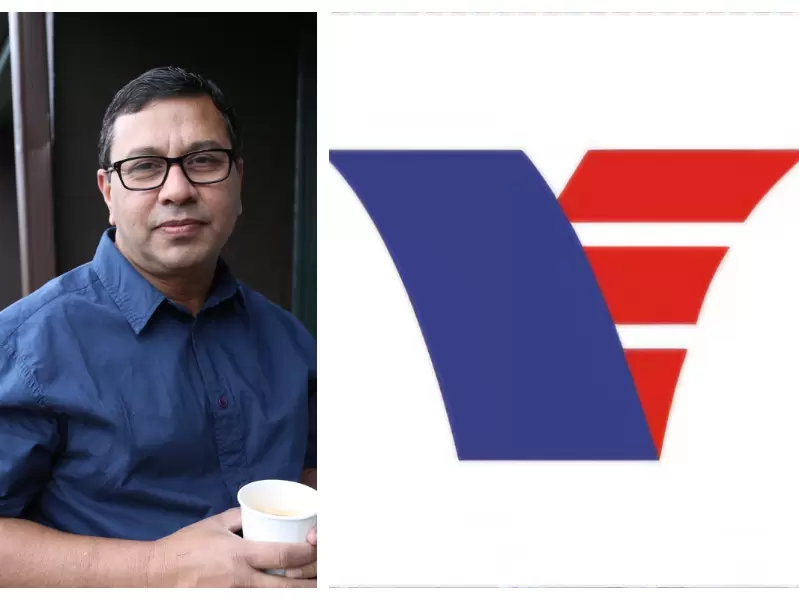 V-Empower CEO Shukoor Ahmed. / LinkedIn
V-Empower CEO Shukoor Ahmed. / LinkedIn
Twenty-five years after its humble start in Maryland’s suburban tech corridor, V-Empower still lives up to its name—building technology meant to empower citizens, governments, and enterprises. Founded on October 10, 2000 by Hyderabad-born entrepreneur Shukoor Ahmed, the company has traveled a long arc: from early civic-tech experiments that connected voters to lawmakers, to a resilient, product-and-services firm now working at the intersection of video collaboration and artificial intelligence.
When V-Empower began, the internet was still a novelty for most political campaigns. Fresh from a master’s in public policy at American University, Ahmed saw an opening to bridge the gap between elected officials and the people they served. In 2001, the team launched StateDemocracy.com, a platform that let users identify their representatives and contact them directly—years before such tools became commonplace. “It matched your address to your congressional and legislative districts, and you could communicate with your elected officials from there,” Ahmed recalled. “We rolled it out when nobody else had anything like it.”
Those early years were defined by experimentation. V-Empower created IndiaDemocracy.org, a sister effort in India that linked citizens with members of Parliament and drew the attention of state leadership. The company then shipped WebLobbying.com to help organizers build grassroots campaigns online and developed custom web applications for political efforts—tools for voter registration, absentee ballots, and polling-place lookups that appeared in the 2004 presidential cycle. The products were bold and, for their time, unusually user-centric. But they were also resource-intensive, and recovering the full cost of research and development proved difficult.
That reality prompted a pragmatic turn. “We were spending more and generating less,” Ahmed said. “We had an opportunity to offer consulting services—and that’s how Microsoft came in.” From 2004 to 2009, V-Empower advised on application-layer security and privacy, building twin teams in Seattle and Hyderabad. Consulting revenue accelerated, and in 2007 the firm earned recognition on fast-growth lists in Maryland. The pivot didn’t abandon the company’s civic instincts; it simply gave V-Empower a steadier economic base and a deeper bench of engineering talent.
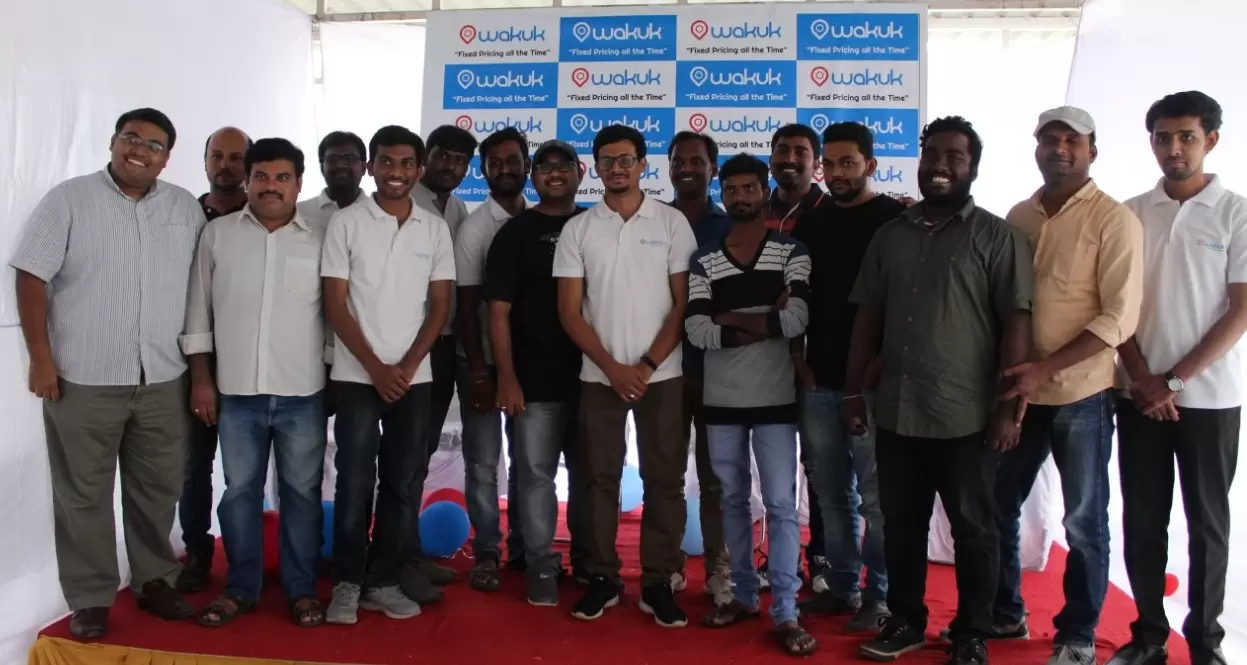 Wakuk Team at Launch in September 2019 . / By Special Arrangement
Wakuk Team at Launch in September 2019 . / By Special ArrangementEven as consulting scaled, the founder’s product itch never faded. In 2008, V-Empower launched a niche tool that produced overviews of golf courses and later secured a modest exit in the wake of the financial crisis. “We didn’t make a lot of money,” Ahmed said, “but we recovered what we invested—and learned plenty.” The lesson—ship, learn, iterate—stuck. Over time, V-Empower alternated between client work that paid the bills and product work that pointed to the future.
Today that product flag is MeetHour, a home-grown video-conferencing platform competing in a crowded field dominated by Zoom, Teams, and Google Meet. Rather than chase the giants feature-for-feature, the team carved out a lane: customization. MeetHour focuses on white-label experiences, tailored workflows, and integrations that larger platforms often don’t provide cost-effectively, particularly for education, telehealth, and mission-driven organizations. “Some investors tell me that after five years a startup should have either gone big or shut down,” Ahmed said with a grin. “But we’ve stayed lean, kept costs tight, and built a loyal customer base. That’s our quiet success.”
Structurally, V-Empower remains privately funded—a deliberate choice that trades hyper-growth for control and staying power. Consulting revenue underwrites product development; product learning informs consulting work. The company’s distributed team of roughly 14 engineers—primarily in India, with a few in the U.S. and Eastern Europe—has allowed it to navigate market shifts without the overhead of a sprawling footprint. Ahmed still owns V-Empower outright, while MeetHour now includes two partners who help steer the product roadmap and go-to-market.
Asked about what comes next, Ahmed turns reflective. “It’s not about how much wealth we’ve created,” he said. “It’s about impact—experimenting, building, trying to solve problems others ignore.” That mindset is guiding the firm’s next wave of work: AI-assisted tutoring and telehealth features built atop MeetHour’s core, with an emphasis on rural hospitals in the United States and in emerging markets. The team is also exploring digital avatars that can mirror a person’s voice and interaction style in real time, expanding what “presence” can mean in virtual settings. “A lot is happening on the AI side,” Ahmed said. “We’re testing agents that behave like individuals—combining our core in video with the power of AI.”
The tone at twenty-five is neither triumphant nor apologetic—it’s balanced. Ahmed readily concedes missed opportunities and acknowledges that some early products were ahead of their commercial moment. But he also points to tangible value: tools that helped people participate in democracy; consulting work that strengthened privacy and security; products that created jobs, upskilled hundreds, and even spun out new entrepreneurs from the company’s alumni ranks. If the first quarter-century was about connecting citizens and campaigns, the next may be about connecting humans and machines—without losing sight of the human problems that make technology worth building in the first place.
In that sense, V-Empower’s story is less about perfect timing than about durable intent: pick useful problems, partner widely, and keep your promises to customers and community. The firm’s bet is that small, agile teams—with clear missions and close feedback loops—will continue to find room to build meaningful products, “fill gaps,” and keep people motivated with fair rewards for their efforts. It’s a modest theory of change, forged in peaks and valleys. And after twenty-five years, it still has momentum.
ADVERTISEMENT
ADVERTISEMENT
E Paper
Video




 Lalit K Jha (IANS)
Lalit K Jha (IANS)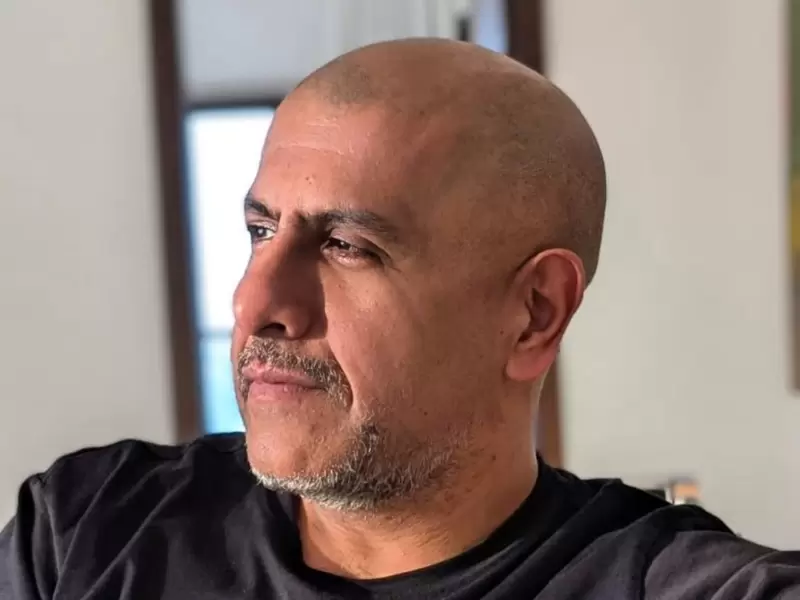

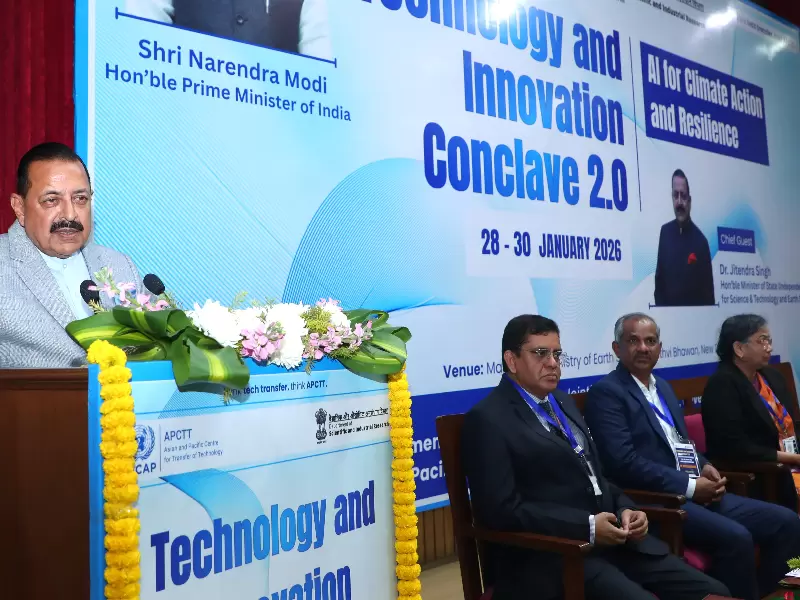

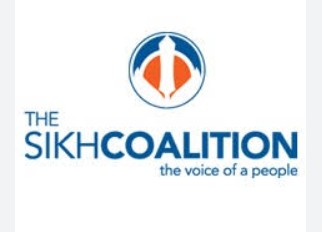




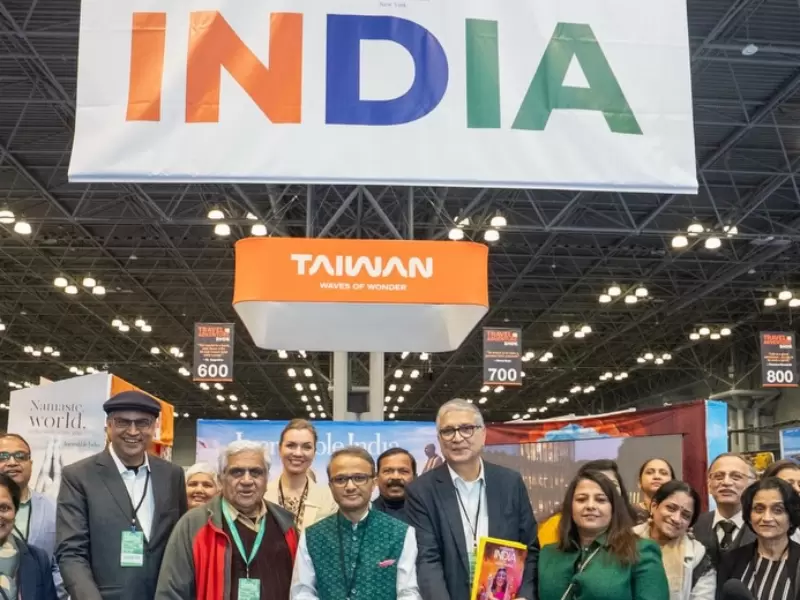
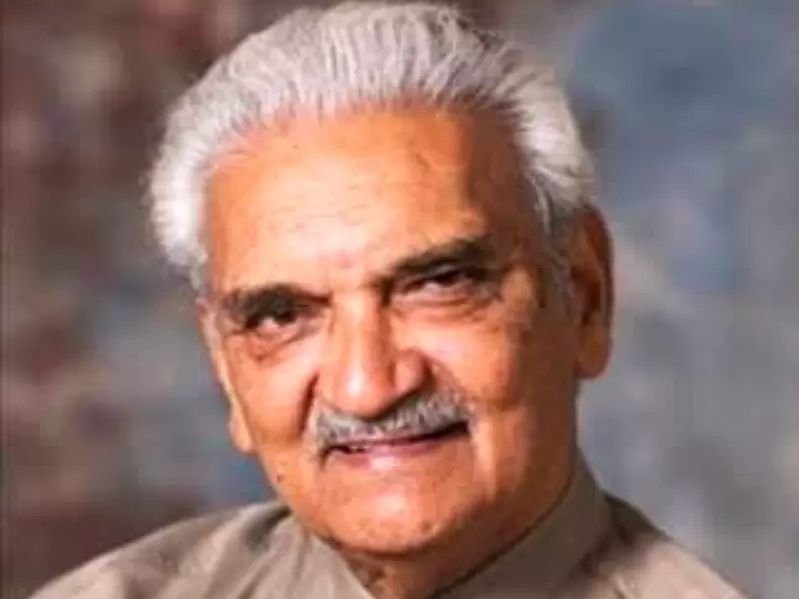



Comments
Start the conversation
Become a member of New India Abroad to start commenting.
Sign Up Now
Already have an account? Login